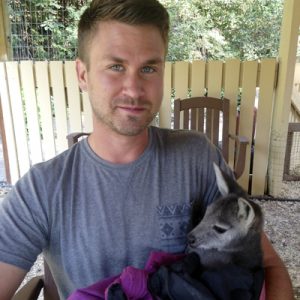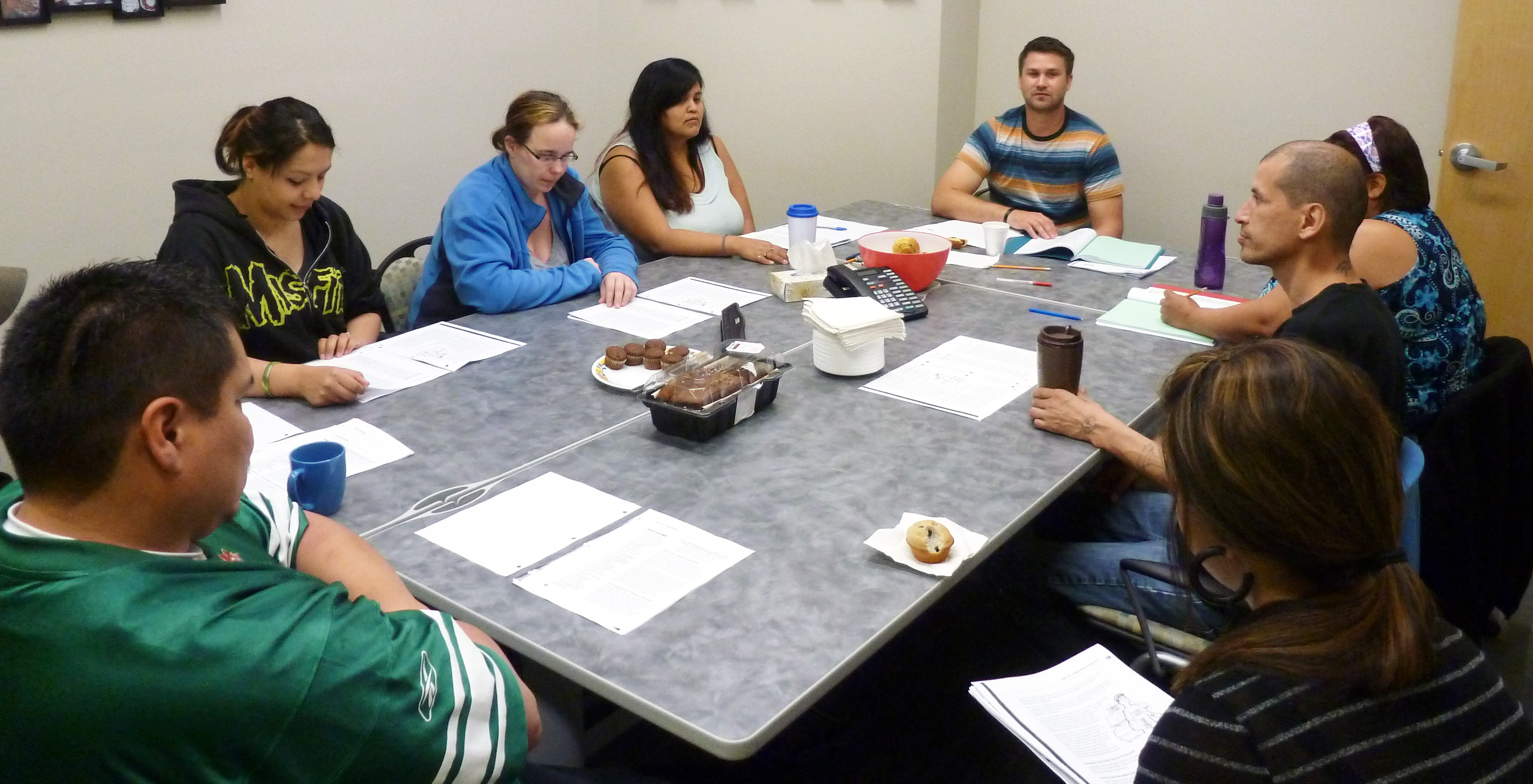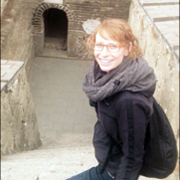 For those employed at Ranch Ehrlo Society’s family programs, every day at work is a little different than the last. But one thing remains the same – the willingness to help families who have tried almost every other option at their disposal and have come up short.
For those employed at Ranch Ehrlo Society’s family programs, every day at work is a little different than the last. But one thing remains the same – the willingness to help families who have tried almost every other option at their disposal and have come up short.
The family programs, which is celebrating its 10th anniversary this September, consist of the Family Treatment Program (FTP), a longer term program where families work to either prevent out of home placements of their children or reunify with children who were in care and the Intensive Family Preservation Service (IFPS). The latter service is just what it sounds like – an intense, six to eight week program meant to assist families who are at imminent risk of having their children placed in care.
Family Treatment Program
 Jordan
Jordan
“Usually when families come into our program they have three or four goals that they’re working on. A primary area is typically reunification services–do these children who are coming out of care really feel connected to their parent?” explained Jordan Hubick, FTP manager.
Each week, the families in the program – along with their therapists and family treatment workers – partake in activities that promote bonding. It may be as simple as a walk around the lake or cooking a meal, as long as the parent(s) and children have the opportunity to create positive memories together.
This fall, the FTP, expanded by 40 per cent, allowing up to 23 families to be in the program at the same time.
Intensive Family Preservation Service
Social workers in the IFPS work on more time-sensitive issues – typically those that relate to a family having an open file with Child Protection Services.
“We work with parents who may live with mental health issues, addictions, or domestic violence. We work with kids who may also have mental health (issues), or extreme behaviours,” explained Donna Balkwill, IFPS therapist.
With the shorter time frame of the IFPS, the focus is slightly shifted. Many of these families have worked with several professionals and come with a mistrust of anyone in the field, assuming their goal is to remove children from the home. While that is not the goal of the service, the therapists have a limited timeframe to begin to resolve very complex issues – so while the hoped-for result is the closing of a child protection file, that can’t always happen.
Instead, therapists in the IFPS work on shifting perspectives of social work in general.
“We always do our best to make a lasting memory with families,” Donna said. “So even if we don’t make leaps of progress, at time we just show them that social workers are supportive and here to help in difficult times.”
“We’re there to support them. So even if at the end of the intervention, they take that away, that’s a success to me, too.”
 Social work as a base
Social work as a base
Every therapist in the family program has a Bachelor of Social Work and is registered with SASW. From the program, they learned to view the world from a much broader perspective – connecting families with their communities and the resources available to them is a significant piece of social work.
Social work has also taught the family program therapists the importance of hosting a strengths-based approach with their families, which is the perspective that the program hinges on.
“We’re always trying to pull out the family’s strengths because these families have so many, they just struggle in certain areas that have pulled them down,” Jordan said.
“We’re very solutions focused. We don’t want to always just focus on the problem. We understand that the families are here for a reason, but what can we do to provide you with skills and provide you with tools that you need in overcoming those problems,” he continued.
“(Social work taught me) that barriers don’t make a person. They’re still a person that has values and dreams. Working with them, instead of for them – that’s the other piece that social work education really helps you with,” Deena concluded.


